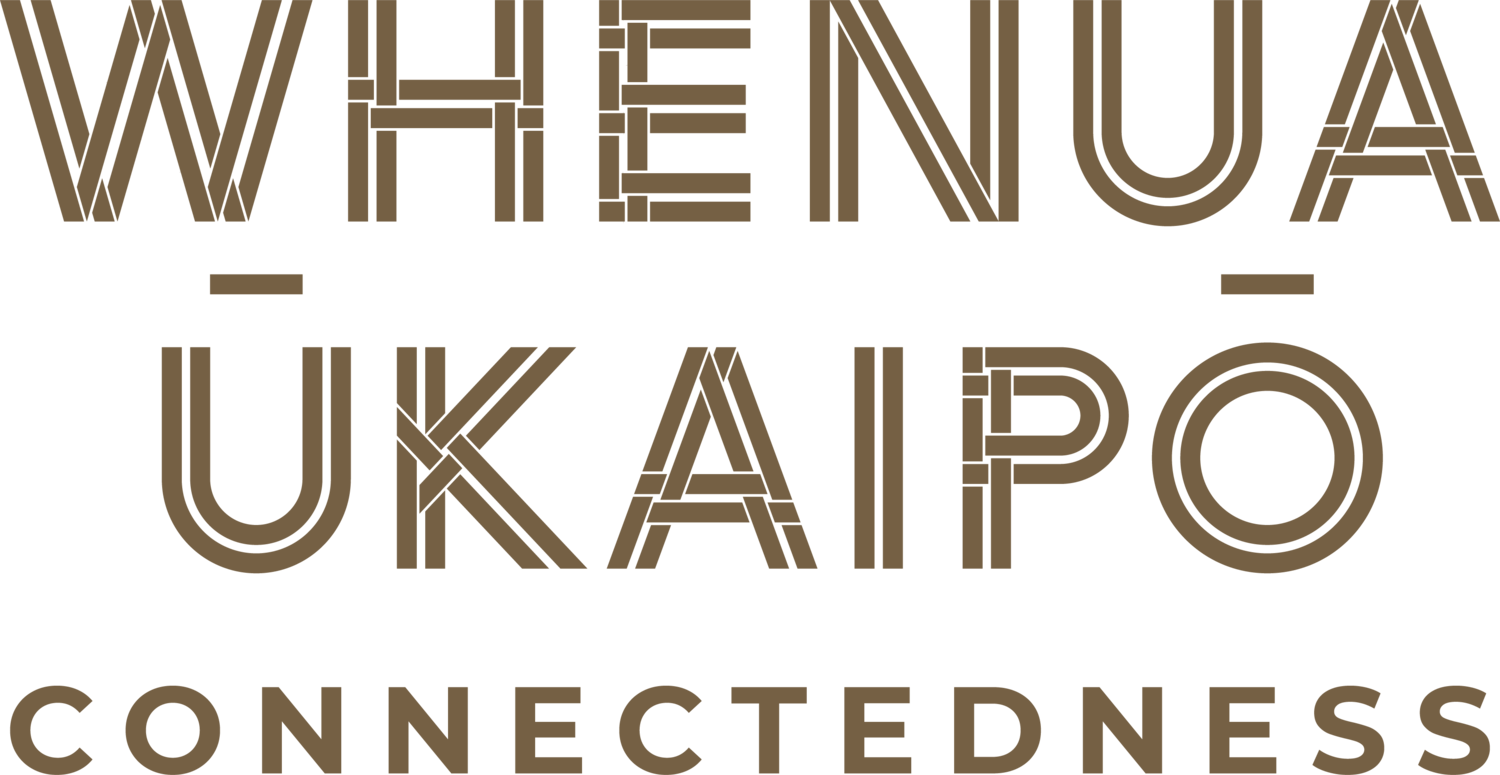Laura Donkers
United Kingdom, New Zealand
Laura Donkers’ drawings seek to capture the feeling of being within dense ecological space, in an unfolding apparition of lines, scuffs, burs, and smudges. Using scale, such drawings co-enact rather than illustrate a place, enabling collective seeing to occur and slow engagement with ecology to emerge.
This ecological, multi-media approach is rooted in the idea of co-creativity, working interactively with communities and environments. Donkers’ practice conveys mutuality, like-mindedness, and kinship, and explores how humans affect the world. She develops artistic eco-social engagements through public workshops. This approach uses ecological and social methods, to help co-create sustainable futures through projects that promote interconnectedness across human and nonhuman realms.
Place-based research apprehends the environments and communities who dwell there. Field research methods - drawing, field-walking, and digital recording - collect primary observations that trigger 'moments of connection', presenting experiences of living “first hand”, in touch with the environment, community, and self. From this situated position, a durational method of observing and listening to people, place, and environment intersect with environmental attitudes, activism, and policy to present poietic insights on nature, culture, and ethics.
She was based for 30 years in the Outer Hebrides, Scotland, as a horticulturalist, artist and researcher, and completed a Practice-led PhD in Contemporary Art Practices at the University of Dundee. This work explored collaborative artistic co-creative methods to strategically promote eco-social regeneration for small island communities, and included research visits to Aotearoa, to gain underpinning knowledge of indigenous embodied knowledges. Having completed this research and settling in Aotearoa, she continues to develop creative and collaborative methodologies that connect the public with environmental and climate change matters, while expanding artist' agency and impact on society at this time of ecological crisis.
Previous Work
click work to find out more



